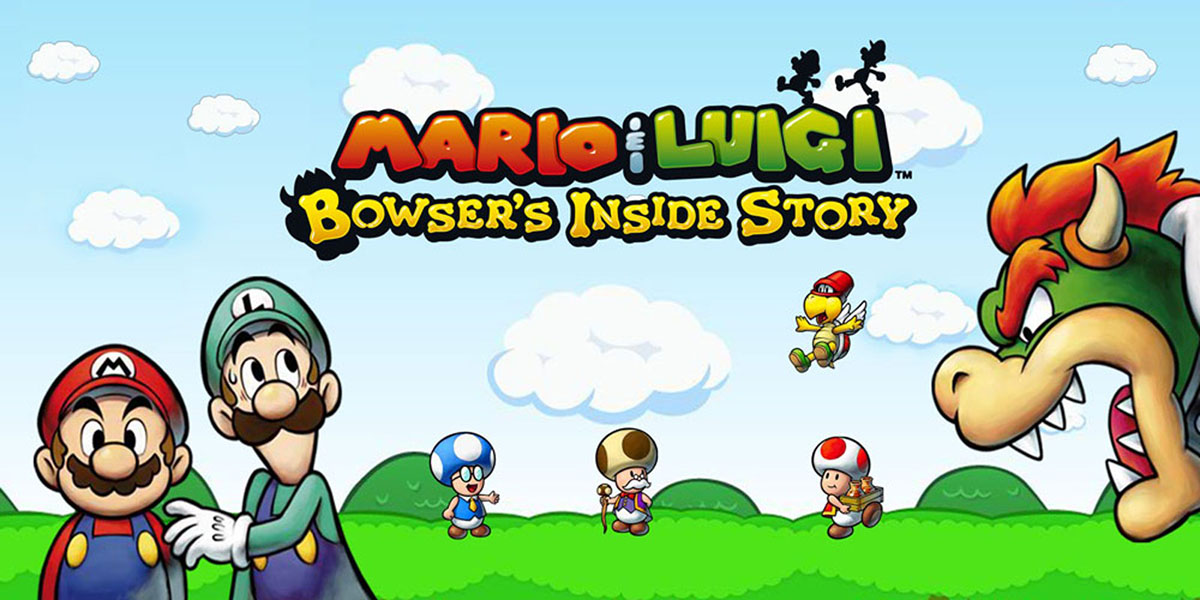On the first day of my U.S. History class in the tenth grade, I openly stated that I wasn’t particularly fond of America.
Fast-forward five years: I realize that was a really stupid idea to express that particular opinion out loud — not only because I made about a hundred contradictions in that one sentence — but mostly because I used my First Amendment rights to say I disliked the country that gave me that right.
So once again I’ll rock the First Amendment and just come right out and say it: my opinion has changed slightly since tenth grade, but one thing remains static and continues to bother me: America, as a collective, has the tendency to come across extremely vain and self-centered.
The United States is arguably, if not already proven to be, the strongest and most self-sufficient country in the world. Our government system is considered iconic and we have more rights than we probably even know we do. People both look up to us and kind of hate us.
You’d think a country such as America would go out and help the less fortunate with the abundance of rights and resources we have — and of course we do. But the question I’m getting at here is why?
Why do we go out and help the countries in need? Is it our civic duty? Is it because nobody else can do it?
That’s why I honestly think we’re doing it to “strut our stuff,” per say, and keep our social status as “the best.” That to me seems redundant. We’ve already proven we’re one of the best.
Think about it — why did we stay in Iraq for so long? What about Kosovo? If there’s no more fighting going on and those people have clearly told us they don’t want or need our help, why are we staying? Perhaps I’m missing the memo here, but it seems like we are there to assert our presence for no reason besides saying ‘Look, I’m from America, which automatically makes me better and above you.’
Basically, there comes a time where the fight between two playground bullies is over and the mediator can leave. That’s all war, conflict and peacekeeping really is: two kids on the playground want to go down a slide at the same time, and they quarrel at the top of the jungle gym until one kid gets beat up or a mediator (America) steps in.
But if the mediator stays there and tries to solve every problem on the playground, they look like a fool. Let a war happen — in my opinion, we’ve made our nation safe enough to live in since 9/11 and it’s time for us to stop flaunting our power and come home.
Besides, if Americans pulled out of more international conflicts and began to focus time, money and energy on more domestic issues, I think a lot more could get done and we could continue to maintain that powerful image — without looking like international showboaters.
There are plenty of people within our own borders who need more help than the Middle East does.
You know, I think there are a lot of things about this country that could be going a lot better; our attitude regarding war and peacekeeping is one that is in need of a makeover. The little angsty activist in me from tenth grade has been (moderately) suppressed to normal levels, but when it comes to international affairs — we need to ask why we’re there, who it’s benefiting and how long we plan to stay there. If the benefit for others is done, it’s time to pack your kit bag and come home to where you are really needed.
Emily Gresbrink is a junior print journalism major and Sports Editor at The Spectator.






